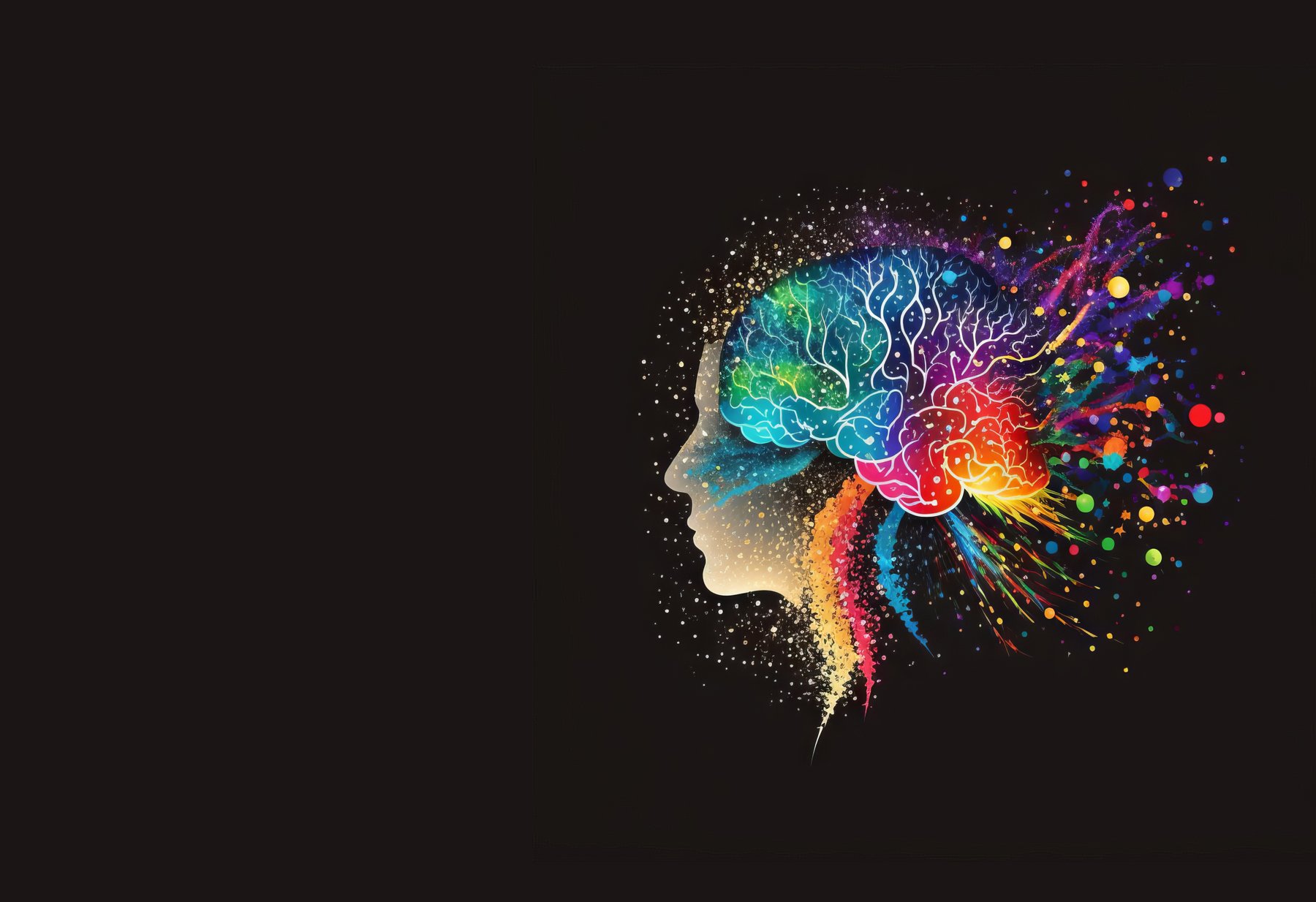In the beginning:
Chronic depression and pain frequently coexist, creating a vicious cycle that has a substantial negative effect on an individual’s overall well-being. Chronic pain and depression are reciprocally influential, with each disorder serving to worsen the other. It is critical to address both conditions concurrently in order to disrupt this cycle and enhance overall health. This article delves into the complex interrelation between depression and chronic pain, examining the shared symptoms and fundamental mechanisms that link the two conditions, as well as treatment approaches and strategies that effectively target both disorders.
An Analysis of Chronic Pain and Depression:
Depression and chronic pain are pervasive health conditions that impact millions of individuals globally. Chronic pain is defined as recurrent or persistent pain that lasts for a duration exceeding three months. On the other hand, depression is characterized by enduring emotions of sorrow, hopelessness, and diminished interest in activities. The concurrent presence of melancholy and chronic pain is a prevalent phenomenon, as indicated by estimates that place the prevalence at as high as 50% among those who suffer from chronic pain. The interplay among these conditions is intricate and diverse, encompassing biological, psychological, and social elements.
Common Manifestations and Substratum Mechanisms:
Multiple symptoms and underlying mechanisms are shared by depression and chronic pain, which contributes to their frequent co-occurrence. Both conditions are characterized by modifications in neurotransmitter systems, including serotonin and norepinephrine, which are essential for the regulation of mood and the processing of pain. Depression and chronic pain are influenced by similar risk factors, which encompass chronic stress, developmental trauma, and genetic predisposition. In addition, both conditions may be exacerbated by maladaptive coping mechanisms, including social withdrawal and avoidance behaviors. The reciprocal relationship between depression and chronic pain underscores the necessity for all-encompassing treatment strategies that target the fundamental mechanisms underlying both disorders.
Daily Implications of Chronic Pain and Depression:
The simultaneous presence of chronic pain and depression can significantly impact physical functioning, social interactions, and overall quality of life, among other facets of daily existence. Functional impairments caused by chronic pain, including fatigue, sleep disturbances, and decreased mobility, can exacerbate feelings of helplessness and isolation. Suffering from depression exacerbates the sensation of pain, rendering it more acute and challenging to control. Physical and emotional distress can have detrimental effects on an individual’s self-esteem, social interactions, and engagement in activities that hold personal significance. It is critical to comprehend the ramifications of chronic pain and depression in order to formulate interventions that specifically target the requirements of those afflicted with both disorders.
Strategies for the Management of Chronic Pain and Depression:
Managing melancholy and chronic pain frequently necessitates a multimodal treatment approach that simultaneously targets both conditions. Pharmacological interventions, including analgesics and antidepressants, have the capacity to alleviate pain and depression symptoms. Serotonin-norepinephrine reuptake inhibitors (SNRIs) and selective serotonin reuptake inhibitors (SSRIs) are frequently prescribed antidepressants that may also provide some relief from the symptoms associated with chronic pain. Psychotherapeutic and mindfulness-based interventions, which are non-pharmacological in nature, have demonstrated efficacy in managing the psychological and emotional dimensions associated with both conditions. Chronic pain and depression sufferers can benefit significantly from cognitive-behavioral therapy (CBT), as it facilitates the modification of maladaptive thought patterns and behaviors that are at the root of both disorders.
Mind-body interventions for depression and chronic pain:
Mind-body interventions present auspicious avenues for the management of melancholy and chronic pain through the examination of the interrelation between the body and mind. Through the promotion of relaxation, tension reduction, and enhanced self-awareness, tai chi, yoga, and mindfulness meditation assist individuals in coping with physical and emotional suffering. These practices have the potential to augment emotional regulation, fortify resilience, and enhance overall state of being. Incorporating mind-body interventions into comprehensive treatment programs for depression and chronic pain can offer supplementary resources for self-management and alleviation of symptoms.
Social Support and Methods of Coping:
Social support is of paramount importance in managing chronic pain and depression as it offers solace in the form of emotions, practical aid, and a feeling of inclusion. Developing a network of family, friends, and healthcare professionals who are supportive can aid individuals in navigating the difficulties of having both conditions. Promoting open dialogue regarding the daily ramifications of melancholy and chronic pain can cultivate empathy and comprehension, thereby diminishing sentiments of seclusion and social disapproval. In addition to incorporating self-care strategies, participating in purposeful activities, and adhering to a regular schedule, these practices can assist people in managing the physical and mental strain associated with chronic pain and melancholy.
Summary:
In summary, chronic pain and depression frequently occur together, creating an intricate and arduous cycle that has a substantial influence on an individual’s overall state of health. It is critical to comprehend the common symptoms, underlying mechanisms, and daily life repercussions in order to formulate efficacious treatment strategies. By combining pharmacological and non-pharmacological interventions, including mind-body practices and psychotherapy, individuals may be able to concurrently manage both conditions. Social support and coping mechanisms are integral components in managing chronic pain and depression, as they offer both psychological solace and pragmatic aid. By attending to the physical, emotional, and social dimensions of both conditions, individuals have the potential to disrupt the recurring pattern of pain and emotional anguish, thereby enhancing their overall quality of life and state of well-being.


